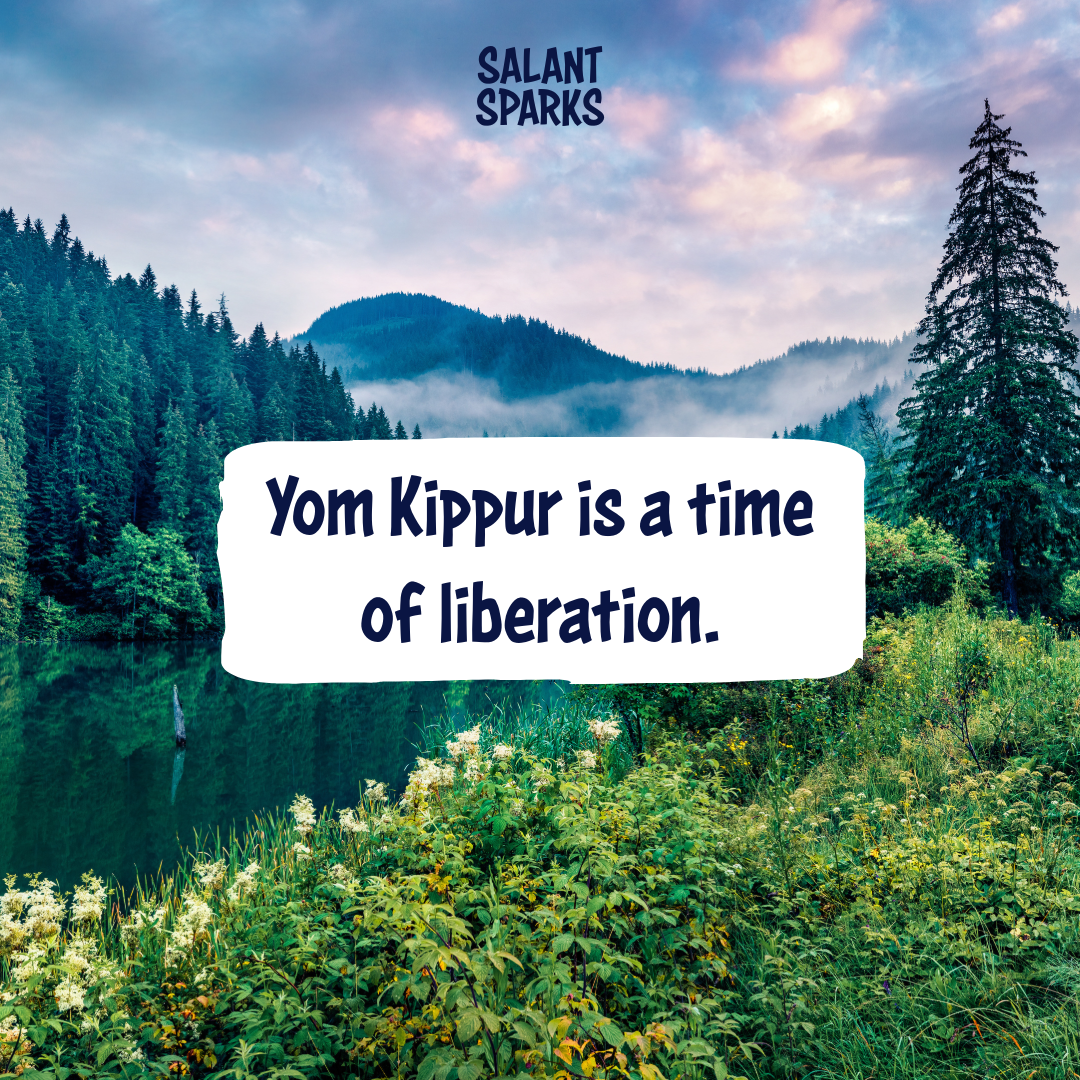| Our Sages teach (Ta’anit 26b), “There is no better day for Klal Yisrael than Yom Kippur.” Yet to many, Yom Kippur feels solemn and heavy—a day of fasting, introspection, and repentance. How can such a serious day be described as the best of days? The answer lies in understanding the true nature of the day. The Prophet Isaiah challenges our perception, rebuking those who experience Yom Kippur only as a day of affliction: “Is this the fast I choose? A day for a person to afflict his soul? Is it merely bowing one’s head like a bulrush and lying in sackcloth and ashes?” (Isaiah 58:5) Isaiah reveals that Yom Kippur is not meant to be a day of despair, but a day of profound spiritual opportunity: “Is this not the fast I choose: to loosen the chains of wickedness, to undo the bonds of injustice, to let the oppressed go free, and to break every yoke?” Yom Kippur, then, is a day of liberation. It is a divine invitation to free ourselves from the burdens of past misdeeds and the patterns that hold us back. It is a day to reconnect with our true selves and the infinite compassion of HaShem. When we embrace this holy day with sincerity—opening our hearts to its power and infusing our actions with goodness and kindness—we are promised a radiant renewal: “Then your light shall burst forth like the dawn, your healing will spring up quickly, your righteousness will go before you, and the glory of HaShem will gather you in.” Yom Kippur is not only a day of forgiveness; it is a day of joy. True joy comes from redemption, from the soul’s cleansing and elevation. Though the path to this joy may involve remorse and reflection, these are merely the steps leading to the ultimate goal: a return to spiritual wholeness.
Today: The purpose of serving HaShem is sincere joy and delight. Yom Kippur, far from being a day of sadness, is one of the greatest gifts to the Jewish people—a time of closeness, clarity, and inner freedom. (Rabbi Nosson Zvi Finkel explains in Ohr HaZafun) | 



